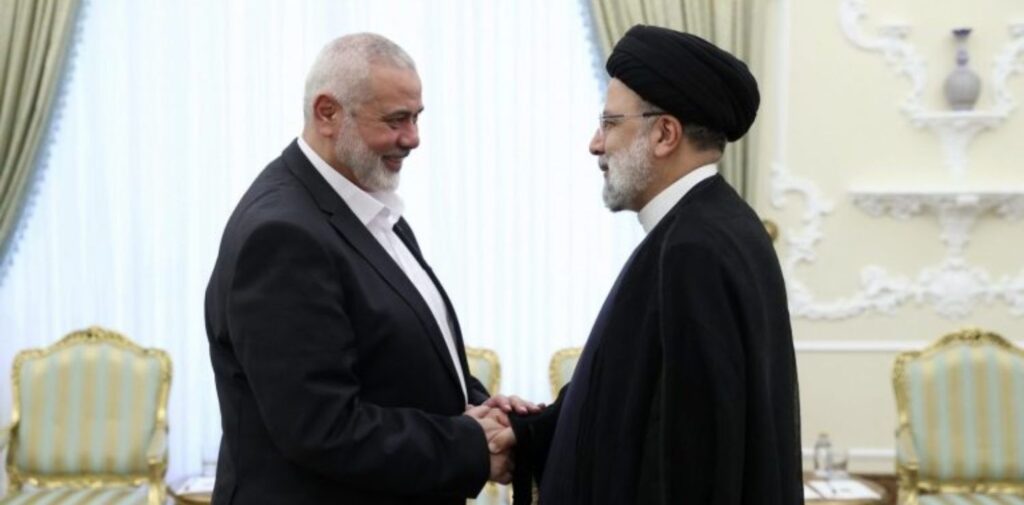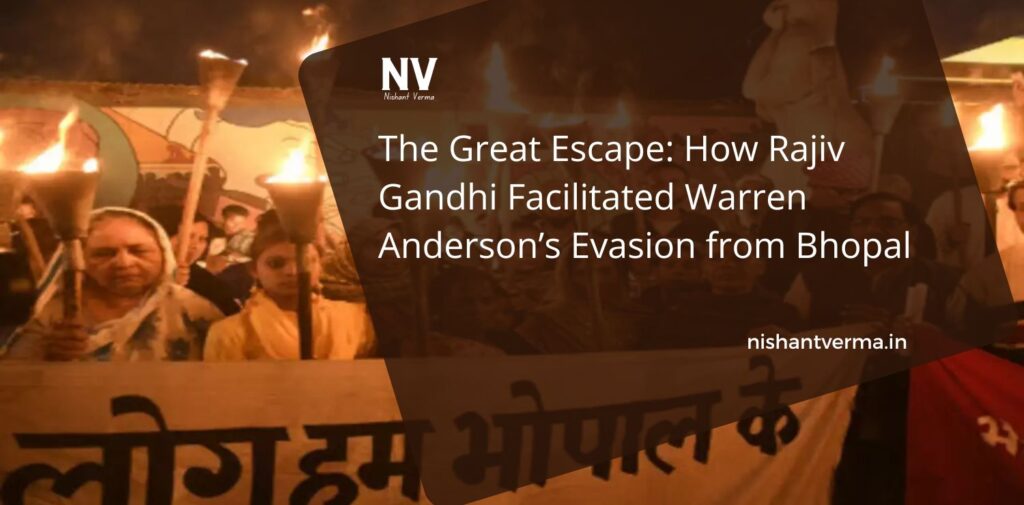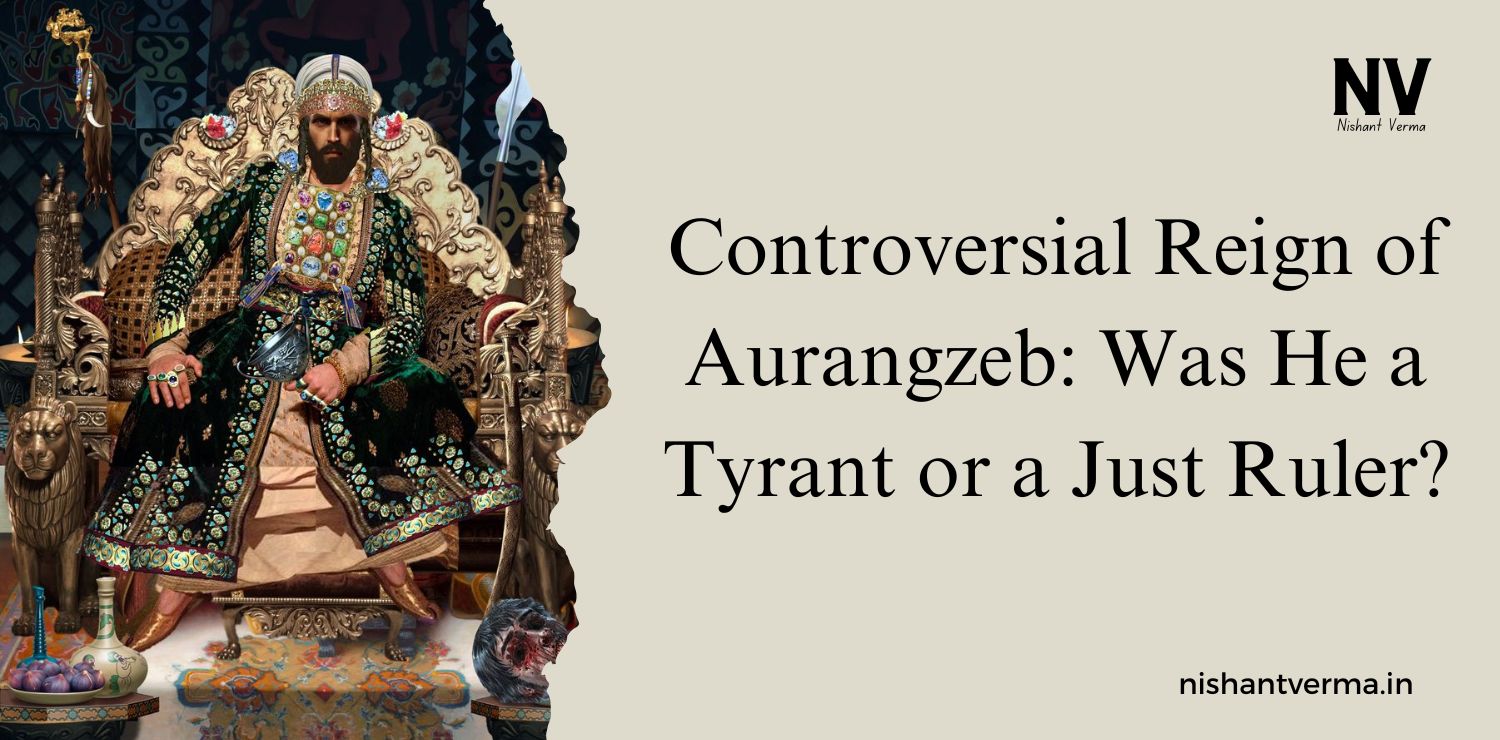The Bhopal Gas Tragedy stands as one of the deadliest industrial disasters in history, resulting in the deaths of thousands and lifelong health issues for countless others. Yet, beyond the tragedy lies an even more disturbing tale—the escape of Warren Anderson, the then-chairman of Union Carbide, facilitated by the very people who were supposed to hold him accountable. How did Rajiv Gandhi, the then Prime Minister, play a pivotal role in Warren Anderson Evasion escape? What were the personal motives behind this decision, and why was India’s justice system so easily compromised?
The Tragedy Unfolds: Warren Anderson Evasion
On the fateful night of December 2-3, 1984, a gas leak from Union Carbide’s pesticide plant in Bhopal released a toxic cloud of methyl isocyanate (MIC) over the city. The immediate death toll was estimated at over 3,000, while the long-term effects led to the death of around 15,000 people and severe health complications for over half a million. The victims were left to suffer in silence as the Indian government turned a blind eye.
Arrest and Release: A Farcical Display of Justice
Warren Anderson arrived in India shortly after the disaster, was briefly arrested, and then immediately released on bail, facilitated by the intervention of top political leaders, including Madhya Pradesh Chief Minister Arjun Singh and Prime Minister Rajiv Gandhi. Within hours of his arrest, Anderson was provided with a government vehicle, escorted to a state guest house, and flown out of Bhopal in a government plane to New Delhi. From there, he was allowed to leave the country, never to return.
This blatant mockery of justice led to a public outcry, but the underlying reasons for his release remain shrouded in mystery. Was it pressure from the United States, the desire to maintain foreign investments, or was there a more sinister motive behind Rajiv Gandhi’s intervention?

Rajiv Gandhi’s Motive: Friendship or Financial Interests?
One of the most controversial theories surrounding Anderson’s escape is Rajiv Gandhi’s involvement. Some suggest that Anderson and Gandhi shared a personal bond that influenced the decision. More alarmingly, it is speculated that Gandhi may have had financial interests in ensuring Anderson’s safe passage. Union Carbide, a major multinational corporation, had deep ties with political and industrial players in India. There’s a belief that Rajiv Gandhi, influenced by these vested interests, chose to prioritize the company’s well-being over justice for the victims.
Political Pressure and Diplomatic Maneuvering
While there’s no definitive proof of Rajiv Gandhi’s financial entanglements, there’s no denying that Anderson’s escape was a well-coordinated move involving the highest levels of the government. The United States, which was facing significant pressure to protect its business interests, is believed to have leaned on the Indian government to release Anderson. Rajiv Gandhi, rather than stand up for the rights of the victims, bowed to this pressure.
The Indian government’s failure to take a firm stand against a foreign corporation not only exposed the vulnerability of the Indian justice system but also laid bare the true priorities of the ruling Congress party at the time. By permitting Anderson’s escape, Gandhi sent a message that India’s poor and suffering were expendable in the face of economic and diplomatic considerations.

Arjun Singh: The Puppet in the Game
The role of Madhya Pradesh’s Chief Minister Arjun Singh further compounds the situation. Singh claimed that releasing Anderson was essential to maintain law and order in Bhopal. However, this flimsy justification was nothing more than a cover-up for the political pressure exerted by the highest levels of power. Singh’s actions were not those of a leader acting in his state’s interest but of a subordinate obeying his superiors’ commands.

A Pattern of Complicity
The Bhopal Gas Tragedy was not the first or the last time that the Congress government showed blatant disregard for justice. The 1984 anti-Sikh riots and numerous other incidents during Rajiv Gandhi’s tenure reveal a pattern of shielding those in power and serving the interests of the few at the expense of the many.
The political culture of the Congress party at the time, deeply rooted in elitism and crony capitalism, created an environment where justice could be so easily compromised. Anderson’s escape was not an isolated event but a symptom of a much larger disease afflicting Indian politics.
Justice Denied: The Lasting Impact on Bhopal
Even after Anderson’s departure, the victims of the Bhopal Gas Tragedy continued to suffer. The compensation provided by Union Carbide—$470 million—was a fraction of what was originally demanded by the Indian government. This paltry amount, approved by the government, further highlighted its complicity in diluting justice.
The health and rehabilitation of victims were poorly managed, and many affected families remain in poverty, struggling with chronic health conditions. The release of Anderson, far from resolving the situation, left an indelible scar on the nation’s conscience.
Conclusion: Rajiv Gandhi’s Legacy Tarnished
Rajiv Gandhi’s legacy is often portrayed as one of modernization and economic liberalization, but his role in enabling Warren Anderson’s escape is a dark blot that cannot be erased. His actions, driven either by personal friendship or financial interests, show a stark disregard for justice and the suffering of the people of Bhopal.
In the end, the Bhopal Gas Tragedy wasn’t just a disaster of industrial negligence but a disaster of political betrayal. Rajiv Gandhi’s decision to let Anderson leave unscathed was an unforgivable act that condemned thousands to a lifetime of suffering without hope for justice. For the victims of Bhopal, Rajiv Gandhi’s role in the escape of Warren Anderson will always remain a testament to the government’s betrayal and the prioritization of the powerful over the powerless.
The victims deserved justice. Instead, they were given abandonment. And for that, Rajiv Gandhi and his administration should be remembered not as protectors of the nation but as accomplices in one of its gravest betrayals.




